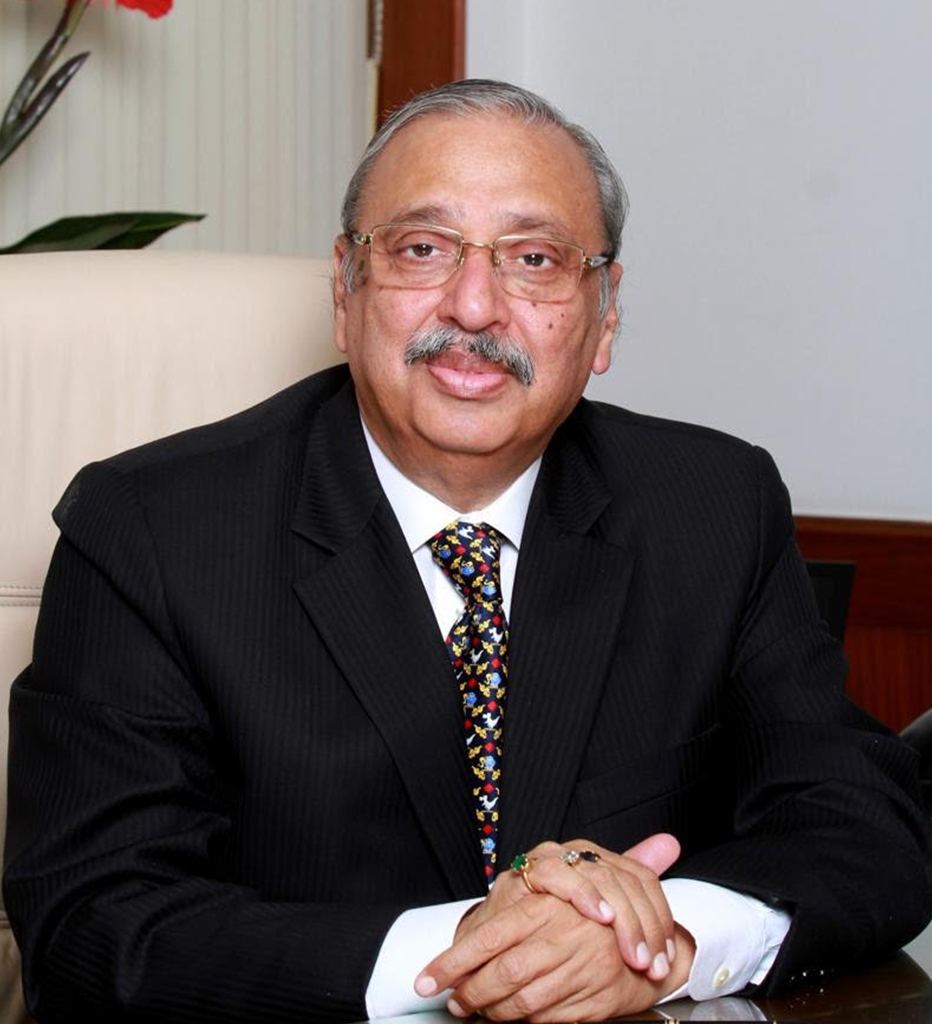Noida Dialogue
An initiative of Democratic Outreach for Social Transformation, DOST
 Mahesh Gupta | Manager
Dr. Mahesh Gupta’s vision 2030 for Noida is based on a ‘tripodal framework of sustainable development’. He elaborates under following headings:
Mahesh Gupta | Manager
Dr. Mahesh Gupta’s vision 2030 for Noida is based on a ‘tripodal framework of sustainable development’. He elaborates under following headings:
- Sustainable Environment:Amidst deteriorating pollution index in the National Capital Region (NCR), Dr. Gupta emphasizes on the need of clean sustainable environment with focus on providing clean air and clean water. Noida has comparatively better availability of greenery but there is a critical need to expedite plantation drives to not only endeavor towards better air quality but also replenish any loss of greenery due to urban development. Dr. Gupta also highlights that the current dependency on bore well water is not sustainable for the long term as water table is going down with time. There is a requirement to address this issue with innovative thinking and leveraging on international case studies (e.g. Singapore model where even though water is imported from Malaysia, there is quite a remarkable work done on reusability of water). All this could not be implemented successfully without a good joint partnership between government authorities and residents of noida.
- Need for Freehold property ownership: There is a need to make a transition from leasehold to freehold property ownership, a move that will benefit owners of property by allowing redevelopment and allowing them to pass on the benefit of ownership to their next generations. It will be a win-win situation for government and property owners of noida, given the fact that the conversion fees charged by government will increase the revenue which could be utilized in addressing any other socio-infrastructural demands of noida region.
- Efficient mass transport facilities : In his vision 2030 for Noida, Dr.Gupta appreciates Government’s role in implementation of metro rail facility for noida residents. However, he suggests that the road transportation system available in noida should also be transformed with less dependency on e-rickshaws , private cars. High speed mass transit mode of transport should be developed for last mile connectivity. This would result in efficient use of road infrastructure, less road traffic/jams, more parking space and consequential control of air pollution, due to vehicular emissions.
